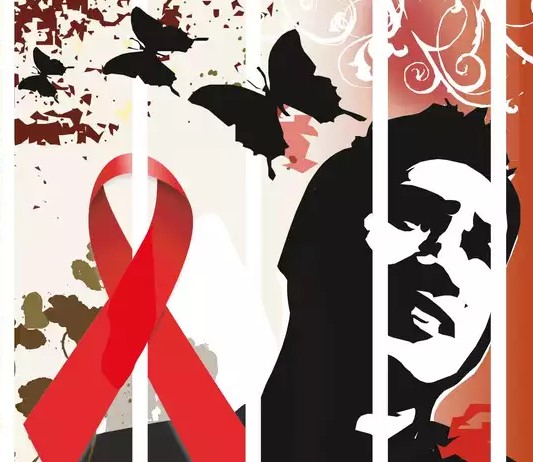While HIV is no longer the death sentence it once was, thanks to medical advancements, many U.S. states still enforce laws that disproportionately target individuals living with the virus. These laws, remnants of a bygone era of fear and misinformation, are now facing scrutiny and calls for change.
The Legacy of Fear
In the early days of the HIV epidemic, uncertainty and fear led to the creation of laws aimed at controlling the spread of the virus. These laws criminalized behaviors associated with HIV transmission, often without considering the actual risk involved. Today, with effective treatments available, the rationale behind these laws is increasingly questioned.

The impact of these laws is far-reaching, affecting not only those who are HIV-positive but also the broader public health landscape. Critics argue that such laws may discourage people from getting tested or seeking treatment, ultimately hindering efforts to combat the epidemic.
The Human Cost
The stories of individuals affected by these laws highlight the human cost of criminalization. Many have faced legal battles, social stigma, and the burden of living with a criminal record for actions that, in today’s context, pose little to no risk to public health.
The debate over these laws is not just a legal issue but also a moral one. Advocates for reform argue that the laws are not only outdated but also unjust, disproportionately affecting marginalized communities and perpetuating inequalities.
A Movement for Change
Across the nation, there is a growing movement to reform HIV-related laws. Activists, healthcare professionals, and legal experts are joining forces to advocate for legislation that reflects current scientific understanding and promotes public health without stigmatizing those living with HIV.
The path to reform is complex, but the momentum is building. As more states begin to reevaluate their laws, there is hope for a future where public health policy is driven by compassion and evidence, not fear.

Comments